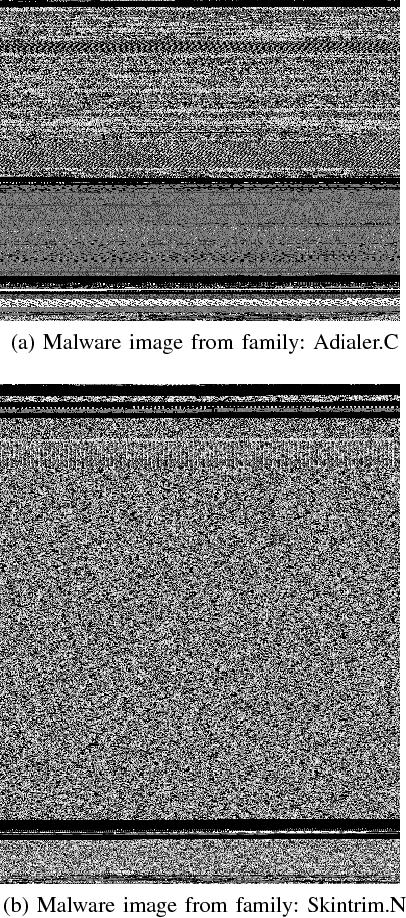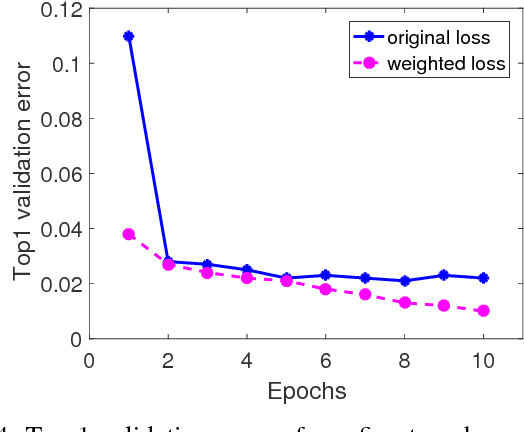Songqing Yue
Using Twitter Data to Determine Hurricane Category: An Experiment
Aug 10, 2023



Abstract:Social media posts contain an abundant amount of information about public opinion on major events, especially natural disasters such as hurricanes. Posts related to an event, are usually published by the users who live near the place of the event at the time of the event. Special correlation between the social media data and the events can be obtained using data mining approaches. This paper presents research work to find the mappings between social media data and the severity level of a disaster. Specifically, we have investigated the Twitter data posted during hurricanes Harvey and Irma, and attempted to find the correlation between the Twitter data of a specific area and the hurricane level in that area. Our experimental results indicate a positive correlation between them. We also present a method to predict the hurricane category for a specific area using relevant Twitter data.
Imbalanced Malware Images Classification: a CNN based Approach
Aug 27, 2017



Abstract:Deep convolutional neural networks (CNNs) can be applied to malware binary detection through images classification. The performance, however, is degraded due to the imbalance of malware families (classes). To mitigate this issue, we propose a simple yet effective weighted softmax loss which can be employed as the final layer of deep CNNs. The original softmax loss is weighted, and the weight value can be determined according to class size. A scaling parameter is also included in computing the weight. Proper selection of this parameter has been studied and an empirical option is given. The weighted loss aims at alleviating the impact of data imbalance in an end-to-end learning fashion. To validate the efficacy, we deploy the proposed weighted loss in a pre-trained deep CNN model and fine-tune it to achieve promising results on malware images classification. Extensive experiments also indicate that the new loss function can fit other typical CNNs with an improved classification performance.
 Add to Chrome
Add to Chrome Add to Firefox
Add to Firefox Add to Edge
Add to Edge